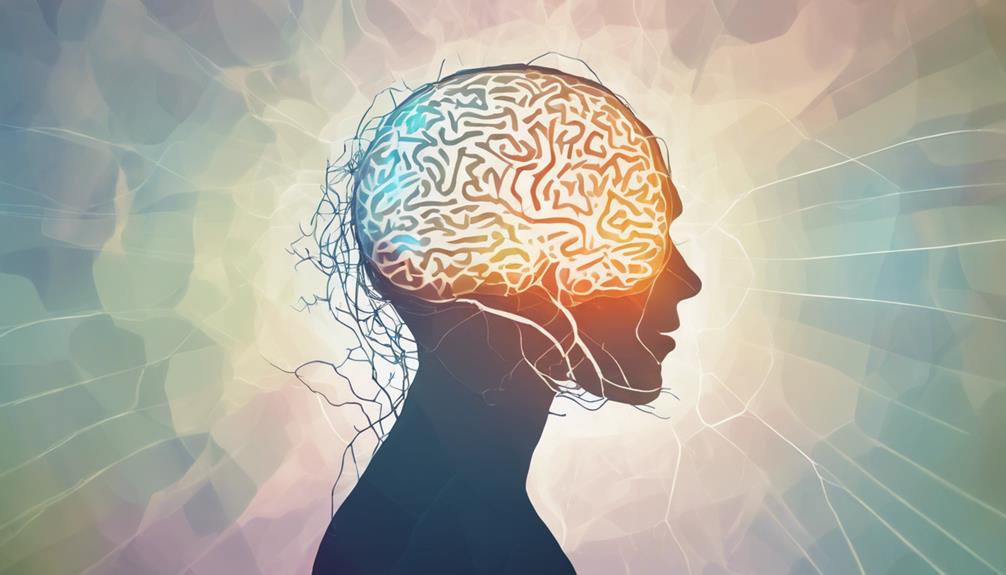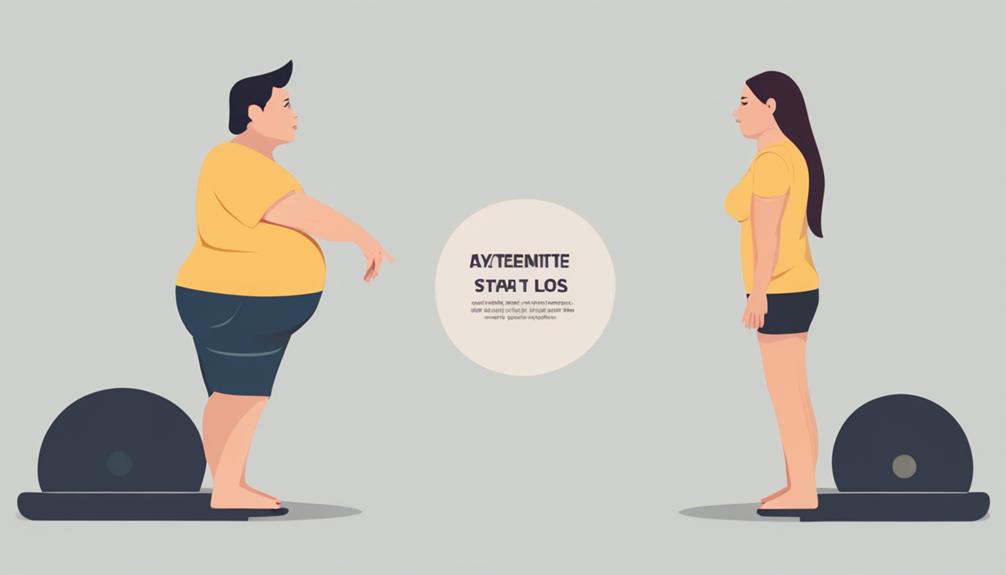Experience relief, reduced medication reliance, improved quality of life, enhanced mental well-being, and long-term sustainable outcomes with hypnotherapy for chronic pain management. Harness the mind-body connection, enjoy deep relaxation, and witness decreased pain intensity and better daily functioning. Empower yourself to play an active role in your well-being, and potentially alter the brain's pain signal processing. Discover how hypnotherapy can be a transformative approach to managing chronic pain effectively.
Pain Relief and Management

Chronic pain sufferers often seek various methods to alleviate and effectively manage their persistent discomfort. One approach gaining popularity is utilizing alternative therapies that focus on the mind-body connection, such as hypnotherapy. This form of therapy aims to address pain by tapping into the subconscious mind, potentially influencing how the brain perceives and processes pain signals.
Hypnotherapy for chronic pain relief involves inducing a state of deep relaxation and heightened focus, allowing individuals to be more receptive to suggestions that can help manage their pain. By leveraging the mind-body connection, hypnotherapy can potentially alter the way pain is experienced and interpreted by the brain, leading to reduced discomfort and improved quality of life for some individuals.
Studies have shown promising results regarding the effectiveness of hypnotherapy in managing chronic pain, with many participants reporting significant reductions in pain intensity and an overall improvement in daily functioning.
This alternative therapy offers a holistic approach to pain management that empowers individuals to take an active role in their well-being.
Reduced Medication Dependency
Considering the potential benefits of hypnotherapy in managing chronic pain, exploring the role it plays in reducing dependency on pain medications is a significant aspect worth examining.
Hypnotherapy offers an alternative treatment to traditional pain management by addressing the root causes of pain through a holistic approach. By delving into the subconscious mind, hypnotherapy can help individuals manage their pain more effectively, potentially leading to a decreased need for pain medications.
This holistic approach focuses on treating the whole person rather than just the physical symptoms, which can result in reduced reliance on prescription drugs. Hypnotherapy sessions can empower individuals to develop coping mechanisms, relaxation techniques, and positive thought patterns that alleviate pain without the side effects often associated with pain medications.
Through this alternative treatment, individuals can gradually reduce their medication intake under the guidance of a trained hypnotherapist, ultimately promoting a more sustainable and natural way to manage chronic pain.
Improved Quality of Life

Exploring the impact of hypnotherapy on individuals with chronic pain reveals a marked enhancement in their overall quality of life. Hypnotherapy not only addresses the physical symptoms of chronic pain but also has a profound effect on mental clarity and emotional balance.
Individuals undergoing hypnotherapy often report experiencing improved mental clarity as a result of reduced pain levels and better coping mechanisms. This newfound mental clarity allows them to focus on daily activities without the constant distraction of pain, leading to a more fulfilling and productive life.
Moreover, hypnotherapy helps individuals achieve emotional balance by addressing the psychological aspects of chronic pain. By identifying and managing underlying emotional issues, individuals can experience a greater sense of control over their pain and emotions.
This emotional balance contributes significantly to an improved quality of life, allowing individuals to engage more fully in relationships, work, and leisure activities.
Enhanced Mental Well-being
Addressing the psychological aspects of chronic pain through hypnotherapy often results in a notable enhancement of individuals' mental well-being. Hypnotherapy techniques can help in stress reduction by inducing deep relaxation and promoting a sense of calmness, which can be particularly beneficial for those experiencing chronic pain.
Through guided imagery and suggestion, hypnotherapy aids in emotional healing by addressing underlying emotional issues that may exacerbate pain perception. This emotional healing aspect can lead to a more positive mindset, allowing individuals to better cope with their pain and improve their overall mental well-being.
Moreover, hypnotherapy can facilitate cognitive changes by helping individuals reframe negative thought patterns related to their pain. By promoting a positive mindset and encouraging a shift in perspective, hypnotherapy empowers individuals to take control of their pain experience and enhance their mental resilience. These cognitive changes not only impact how individuals perceive their pain but also contribute to a greater sense of emotional well-being and improved quality of life.
Long-Term Sustainable Results

Individuals who undergo hypnotherapy for managing chronic pain often experience long-term sustainable results that positively impact their overall well-being. Hypnotherapy's effectiveness in providing long-lasting relief from chronic pain has been widely acknowledged in the medical field.
Unlike some traditional pain management methods that may only offer temporary relief, hypnotherapy aims to address the root causes of the pain, leading to lasting benefits.
Through the power of suggestion and deep relaxation techniques used in hypnotherapy sessions, individuals can learn to manage their pain more effectively and even reduce the intensity and frequency of pain episodes over time. This sustainable approach to chronic pain management not only helps individuals experience physical relief but also contributes to improved mental well-being and overall quality of life.
Research has shown that the benefits of hypnotherapy for chronic pain can endure well beyond the treatment period, offering individuals a viable long-term solution for managing their pain and promoting a healthier, more fulfilling lifestyle.
Frequently Asked Questions
Can Hypnotherapy Help With Specific Types of Chronic Pain Conditions?
Hypnotherapy has shown promising results in managing specific types of chronic pain conditions such as fibromyalgia relief and migraine prevention. Studies indicate its potential effectiveness in alleviating symptoms and improving overall well-being.
How Long Does It Typically Take to See Results With Hypnotherapy?
The effectiveness of hypnotherapy in addressing chronic pain varies among individuals. Results can manifest at different speeds depending on factors such as the individual's responsiveness, the complexity of the pain condition, and the consistency of therapy.
Are There Any Potential Side Effects or Risks Associated With Hypnotherapy?
Hypnotherapy, when conducted by a trained professional, typically poses minimal risks and side effects. However, individuals with a history of mental health conditions or susceptibility to suggestion should exercise caution and consult with a healthcare provider before undergoing hypnotherapy.
Can Hypnotherapy Be Used in Conjunction With Other Pain Management Techniques?
Hypnotherapy can be effectively utilized alongside medication or physical therapy for chronic pain management. It may complement traditional treatments by addressing underlying psychological factors contributing to pain, enhancing overall pain relief outcomes.
Is Hypnotherapy Covered by Insurance for Chronic Pain Management?
Insurance coverage for hypnotherapy in chronic pain management varies. While some plans may cover it as an alternative therapy, limitations exist. Understanding your insurance policy and discussing effectiveness with providers can help navigate coverage options for holistic pain management.
Conclusion
In conclusion, managing chronic pain with hypnotherapy offers a range of benefits including:
- Pain relief
- Reduced medication dependency
- Improved quality of life
- Enhanced mental well-being
- Long-term sustainable results
This alternative approach to pain management provides individuals with a holistic and effective way to address their chronic pain, leading to a better overall sense of well-being and improved daily functioning.









































